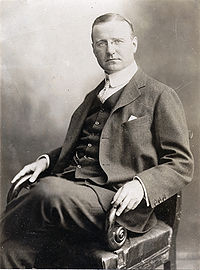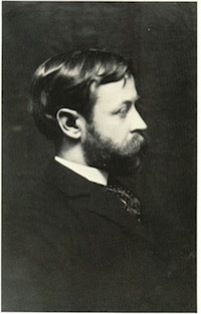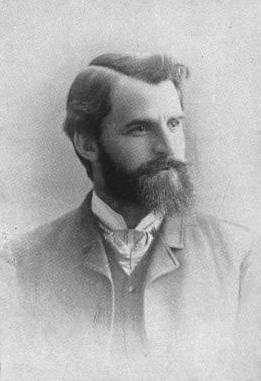
David B. Chesebrough
Born: Cooperstown, New York
Died: April 29, 2004, Bloomington, Illinois Pen Name: None Connection to Illinois: David Chesebrough was a professor of History at Illinois State University. Biography: David Chesebrough was a pastor in the American Baptist Church for 25 years before becoming a professor of American History at Illinois State University. He was at Illinois State for fifteen years. While there he taught courses on American History, Philosophy, and Religious History, among other topics. He lectured across the country and wrote seven books. He specialized in religious history, specifically sermons. He was a member of the American History Society, Illinois Historical Society, the McLean County Historical Society, and the Southern Historical Society. He was researching the life and career of Bloomington newspaper editor Edward J. Lewis when he died.
Awards:
Selected Titles
 |
"God ordained this war" : ISBN: 0872497534 OCLC: 23177835 University of South Carolina Press, Columbia, S.C. : ©1991. |
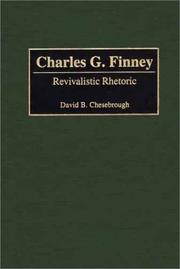 |
Charles G. Finney : ISBN: 0313318131 OCLC: 47050475 Greenwood Press, Westport, Conn. : 2002. |
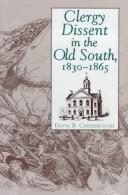 |
Clergy dissent in the Old South, 1830-1865 / ISBN: 0809320800 OCLC: 44958484 Southern Illinois University Press, Carbondale : ©1996. |
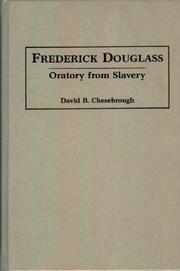 |
Frederick Douglass : ISBN: 0313302871 OCLC: 65388219 Greenwood Press, Westport, Conn. : 1998. |
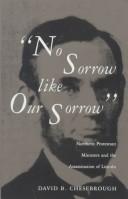 |
No sorrow like our sorrow : ISBN: 0873384911 OCLC: 44962682 Kent State University Press, Kent, Ohio : ©1994. Sermons as historical documents reflect the thoughts, emotions, values, prejudices, and beliefs of their time. "The more popular a preacher, the more likely it is that she or he mirrors the hopes and fears of a significant number of people," explains David B. Chesebrough in "No Sorrow Like Our Sorrow." His analysis of more than 300 sermons delivered in a seven-week period following Lincoln's assassination (April 16-June 1, 1865) examines the influence of religious leaders on public opinion and policy during that turbulent period. In the days and weeks following the assassination, Americans flocked to churches in record numbers, seeking comfort, guidance, perspective, or an adequate expression of their own grief. Hundreds, sometimes thousands, had to be turned away. In the sermons they heard or read Chesebrough finds five major themes: the preachers expressed the grief they and their congregations experienced; praised the accomplishments and character of the slain president; blamed the South and the institution of slavery for the murder; demanded harsh justice upon the South, emphasizing rage, hatred, and revenge over forgiveness or conciliation; and fostered the perception of the assassination as providential. Readers interested in America's religious history and the influence of religion on American culture and society, as well as students of the Civil War and Reconstruction, will appreciate Chesebrough's thought-provoking analysis. |
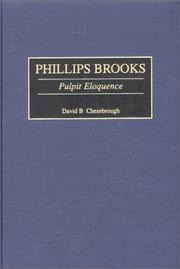 |
Phillips Brooks : ISBN: 0313313741 OCLC: 57468877 Greenwood Press, Westport, Conn. : 2001. |
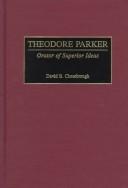 |
Theodore Parker : ISBN: 031330873X OCLC: 40255787 Greenwood Press, Westport, Conn. : 1999. |


